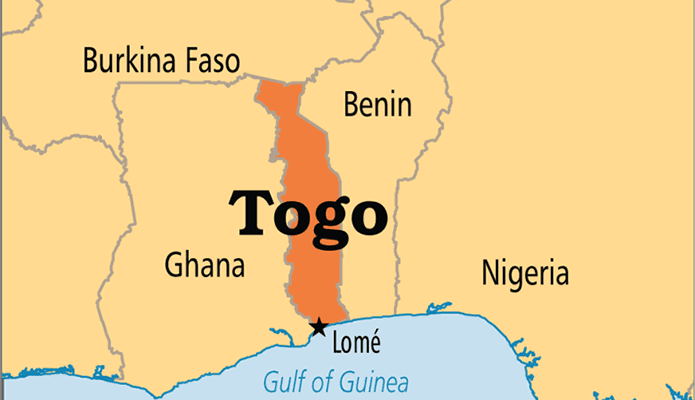Togo’s government decided to postpone the legislative elections scheduled for April 20 until a later date, following the approval of controversial constitutional reform by lawmakers.
The presidency explained that further discussions were necessary regarding the amendment made in March, which sparked allegations from the opposition that the reforms were intended to prolong President Faure Gnassingbe's rule in the West African country with a population of nine million.
Gnassingbe has been in office since 2005, succeeding his father who took over the presidency in a coup 50 years ago. Despite opposition claims of election irregularities, he has won every election.
After a week of tension over the reform, Gnassingbe returned the law to the National Assembly for a second reading, with the opposition accusing him of attempting to extend his time in office.
The statement mentioned that the National Assembly wanted to engage in extensive discussions with all parties, leading to a slight adjustment of the legislative and regional election schedule initially set for April 20.
As a result, the government will make a small change to the election calendar, but a new date for the ballot was not provided in the statement.
The statement did not specify a new date for the elections.
Togo’s parliament, which is mostly made up of Gnassingbe’s UNIR party, passed the law that would transition Togo from a presidential to a parliamentary system, granting the assembly the authority to choose the president for a single six-year term.
The potential for the term to be extended later is uncertain, but it raised concerns among the opposition about Gnassingbe's indefinite rule, following in the footsteps of his father General Gnassingbe Eyadema.
Togo’s opposition parties did not immediately respond to the decision made on Wednesday, which was also broadcast on state television as breaking news.
Tensions quickly escalated over the constitutional reform, leading to the police dispersing an opposition press briefing.
Nearly 100 university academics, intellectuals, artists, political figures, and civil society members joined in an appeal urging the public to “mobilise” and reject what they perceived as an abuse of power.
The chief editor of a Togolese newspaper was also arrested amid warnings from media monitoring organizations regarding a crackdown on the press ahead of the elections.
Sources in Washington informed AFP that US officials have urged Gnassingbe to ensure that the current situation is resolved “peacefully and democratically.”
Last week, the Togo Bishops’ Conference called on the president to postpone the enactment of the new constitution and initiate “an inclusive political dialogue.”
In 2019, members of parliament amended the constitution to limit presidential terms to two, but it did not apply retroactively, allowing Gnassingbe to seek re-election for the next two terms.
AFP



